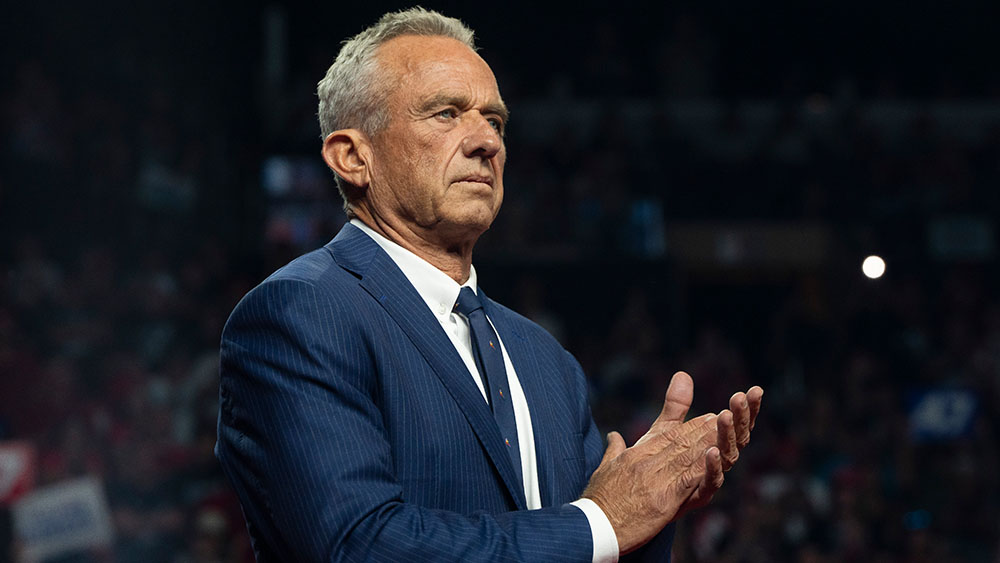- Robert F. Kennedy Jr. faced a contentious confirmation hearing for leading HHS, clashing with senators over industry ties.
- Kennedy proposes stricter health standards but meets resistance from lawmakers with financial ties to pharma and food industries.
- Senators from both parties, including critics like Bernie Sanders and Elizabeth Warren, have received significant contributions from these industries.
- Kennedy accused lawmakers of prioritizing pharmaceutical profits over public health, highlighting deep-seated corruption.
- The final vote on Kennedy’s nomination will test whether lawmakers prioritize industry ties or public health reform.
Robert F. Kennedy Jr. faced a contentious confirmation hearing on Thursday as he seeks to lead the Department of Health and Human Services (HHS). The hearing, held by the Senate Health, Education, Labor and Pensions (HELP) Committee, highlighted the deep-seated financial ties many senators have with the pharmaceutical and food industries, raising concerns about conflicts of interest and the integrity of the confirmation process.
Kennedy, a vocal advocate for public health reform and the founder of the “Make America Healthy Again” (MAHA) movement, has proposed sweeping changes to the American health system, including stricter safety standards for vaccines and a crackdown on toxins in the food supply. However, his efforts are being met with significant resistance from lawmakers who have received substantial contributions from the very industries Kennedy aims to regulate.
The nonpartisan watchdog OpenSecrets has documented the extensive financial ties between lawmakers and the pharmaceutical and food industries. For example, Senate Finance Committee Ranking Member Ron Wyden (D-Ore.) has accepted over $749,000 from health professionals and $502,000 from the pharmaceutical industry since 2019. Bill Cassidy (R-La.), the chair of the HELP Committee, has received nearly $1.6 million from health professionals and $996,000 from the pharmaceutical industry over the same period.
Even traditionally critical senators like Bernie Sanders (I-Vt.) and Elizabeth Warren (D-Mass.) have not been immune to these financial influences. Sanders, who has long advocated for lower drug prices, has received $115,690 from the pharmaceutical industry and $159,233 from the food and beverage industry. Warren, who expressed concerns about Kennedy’s lawsuits against pharmaceutical companies, has accepted $498,074 from health professionals and $126,056 from the pharmaceutical industry.
Kennedy clashes with lawmakers over corruption concerns
Kennedy did not mince words during the hearing, directly accusing lawmakers of prioritizing pharmaceutical profits over public health. “The problem of corruption is not just in the federal agencies. It’s in the Congress too,” Kennedy told the committee. “Almost all the members of this panel, including yourself, are accepting millions of dollars from the pharmaceutical industry and protecting their interests.”
The exchange grew particularly heated when Kennedy and Sanders clashed over campaign contributions. According to The Daily Mail, Sanders topped sitting Congress members in pharmaceutical industry donations in 2020, receiving $1.4 million.
The scrutiny extended beyond party lines, with lawmakers on both sides of the aisle facing criticism for their financial ties to the health industry. Democratic Sen. Patty Murray (D-Wash.), the ranking member of the HELP Committee, has received $776,760 from the pharmaceutical industry. Republican Sen. Susan Collins (R-Maine) has accepted $675,461 from health professionals and $315,798 from the pharmaceutical industry.
Recent financial disclosure reports further revealed that some senators personally hold stock in companies that could be affected by Kennedy’s policies. Wyden’s spouse has investments in Pfizer, and Collins’s spouse holds stock in multiple pharmaceutical companies, including Johnson & Johnson and Merck & Co.
A battle for public health reform
As the Senate prepares to vote on Kennedy’s nomination, the battle between Big Pharma-backed lawmakers and MAHA movement supporters remains intense. Kennedy’s fate will likely depend on whether lawmakers prioritize their industry ties or the broader public health reform he advocates.
Despite the opposition, Kennedy remains undeterred. “We are allowing these companies, because of their influence over this body, over our regulatory agencies, to mass-poison American children. And that’s wrong. It needs to end,” he declared.
The final vote will determine whether Kennedy’s vision for a healthier America will move forward or be stifled by the deep-rooted influence of corporate lobbying in Washington.
Sources for this article include:
